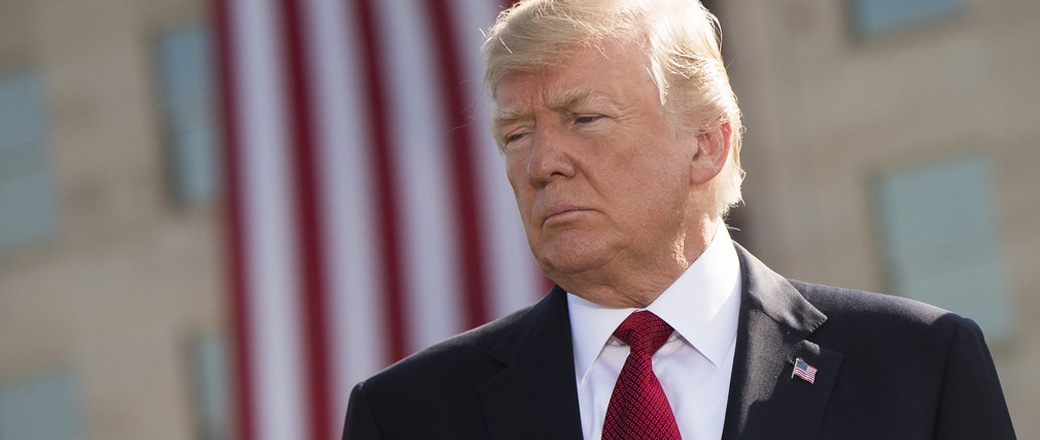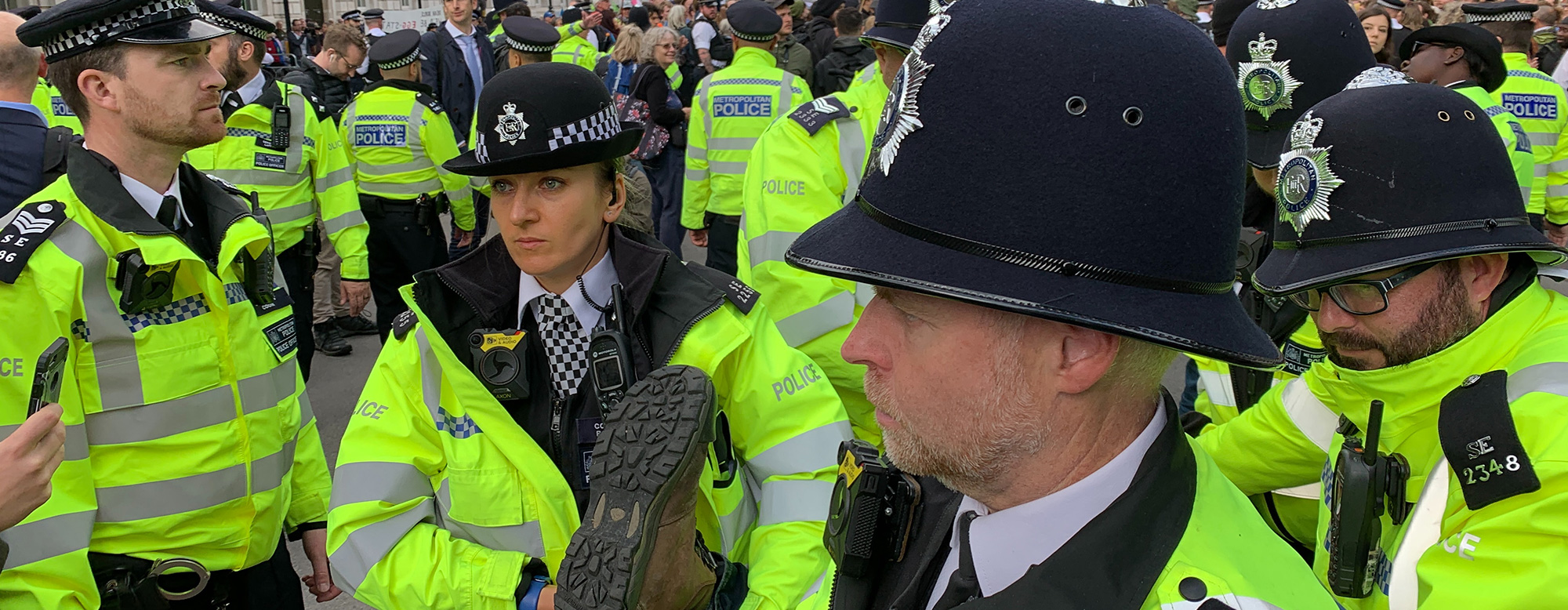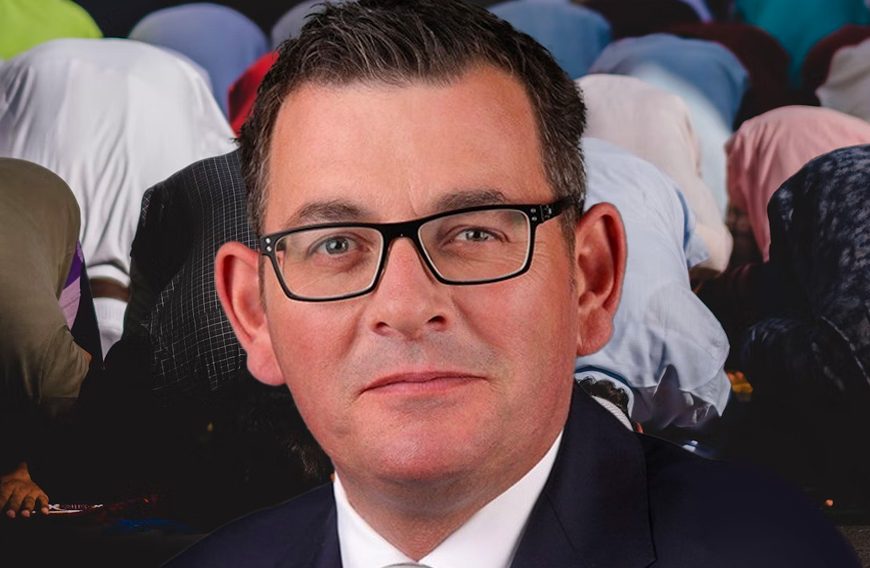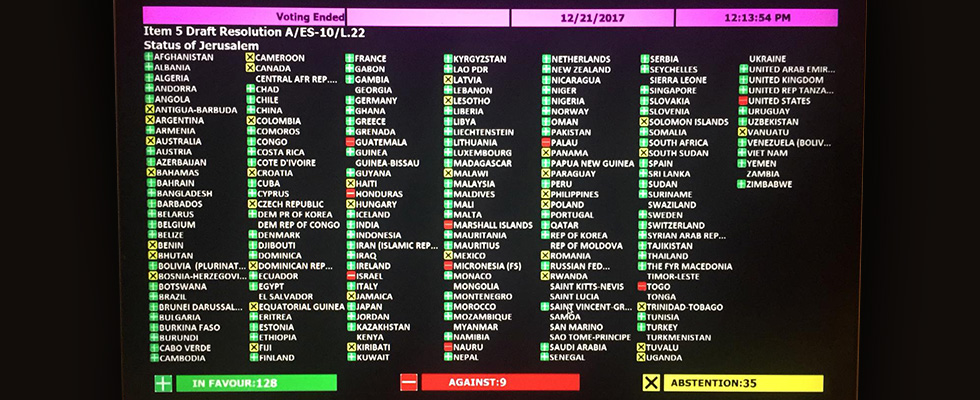I largely agree with Ben Shapiro’s consistent criticism of Donald Trump’s ‘fly-by-the-seat-of-his-pants’ approach to foreign policy. Trump appears to ride roughshod, giving the impression of impulsiveness, or worse that he hasn’t considered the law of unintended consequences. However, a lot of recent criticism coming from both sides of politics, concerning the Trump administration’s decision to “withdraw” U.S Troops from Syria, ignore the plight of refugees and push aside the fact that Turkey is still an official ally of the United States. As signatories of NATO, they are strategic partners.
The recent advance of the Turks into northern Syria wasn’t a spur of the moment decision. The Turkish plan, as outlined by Carlotta Gall from the New York Times in September, is twofold. First, to create a buffer zone between Turkey and the Kurds, second, to repatriate over one million Syrian Refugees, currently in Turkey. The goal being, to relocate some of the 3.6 million refugees Turkey has given refuge to, by moving them back into ‘Syrian territory controlled by the United States and its Kurdish allies.’
While it would be fair to ask whether Turkish regime leader, President Recep Tayyip Erdogan was using refugees as an excuse to attack and suppress the Kurds, the question ignores the current needs of Syrian refugees, and it pushes aside the question about who is going to take responsibility for over 10,000 ISIS prisoners.
In addition, Gall reported that not everyone involved in Syria is on board with the plan. This didn’t stop Erdogan, who appeared to give an ultimatum in response. Either give Turkey access to the area or ‘he would “open the gates” for large numbers of refugees to head into Europe as they did in 2015.’
Though Trump’s approach to foreign policy appears impulsive, the U.S. “withdrawal from Northern Syria” isn’t an absolute fait accompli. Trump’s decision is better described as a strategic-repositioning, rather than a withdrawal of U.S Forces. As James Laporta of Newsweek clarified, ‘current rules of engagement for U.S. forces continue to be centred around self-defence and that no order has been issued by the Pentagon for a complete withdraw from Syria.’
Claims about a withdrawal come from the decision to reposition 50-100 special operations forces. This was done, according to Military Times, ahead of the Turkish operation in order to ‘protect U.S. troops and keep them out of the crossfire.’
It’s also worth acknowledging that this strategic repositioning didn’t come without a warning to Turkey’s leaders. Trump has made it clear that he does not support the initiative and urged Turkish authorities to avoid triggering another humanitarian crisis in the region. To back this up the United States ceased sharing of tactical reconnaissance information with Turkey, to prevent them using their strategic partnership with the United States to pad advantage in any military operation, to make way for the relocation and resettlement of Syrian refugees back into Syria.
Trump’s warning also takes into consideration an obligation for Turkey not to renege on an agreement to take responsibility for the 11,000 ISIS fighters being held across the region. The onus of responsibility for preventing any reemergence of ISIS in the area is now solely on Turkey.
The strategic partnership between Europe, Turkey and the United States, means that NATO has political clout from which they can use to hold Turkey accountable if the regime decides to decimate the Kurdish people or further attempt to wipe the Assyrian Christians. It would seem, by Trump’s remarks on his personal Twitter account, (ignoring the ridiculous ‘great and unmatched wisdom’ part), that he is banking on that connection to keep the Kurds and Assyrian Christians in the area safe.
What may seem to be a foolish move by the United States may, in time, prove to be a smart one. This isn’t about American isolationism. The long-standing mutual obligation America has to its Turkish allies through NATO, alongside the question about what to do with ISIS prisoners, and Syrian refugees, all provide legitimate reasons for the United States to redefine its relationship with the Middle East, and with Turkey in particular.
Add to this reasoning the peripheral activity of far-left foreign fighters training with the Kurds, such as the self-described Antifa platoon, mixed in with the domestic headache, and the potential domestic threat this poses to the internal stability of the United States, the rationale for Trump’s decision becomes clearer. Given the actions of Antifa, a far-left organization, over the past three years, surely insurgent combat training and combat experience is a recipe for disaster.
To sum up, America and Turkey are allies. Turkey is part of NATO. The United States is bound by that partnership and has a responsibility to hold to it.
This also means that America is not left alone in holding Turkey accountable – it would be a United Nations effort, lead by all of NATO’s partners. As witnessed by NATO chief, Jens Stoltenberg’s recent call for restraint.
Regardless of how we may feel as spectators, we aren’t privy to the kinds of sensitive information American Presidents have access to. The role back of a U.S military presence in Syria is a surgical response to a complex situation. On one hand, there is the possibility of the withdrawal having the same vacuous effect that Barrack Obama’s abysmal decision to withdraw completely from Iraq did, ripping apart a healing wound, only to see that wound fester into what would become the infectious abomination that is Islamic State (ISIS). If this eventuates, the decision could prove to be an avoidable disaster, not only for the Trump administration but for NATO.
On the other hand, Trump’s decision could deescalate tensions, shining a spotlight on Turkey, making it hard for them avoid finding a diplomatic way to reach a settlement or agreement with their own partners in the region, that will include protections for the Kurds and Assyrian Christians. If this eventuates, the decision was humanitarian.
Either way, it’s likely to be the case that Trump is damned if he does and damned if he doesn’t. Donald Trump’s head, since Hilary Clinton lost the 2016 election, has been marked for the guillotine by the far-left. Any preventable loss of American life would have been on his hands, as would the escalation of U.S involvement through any military action to stop Turkey.
The same goes for Trump taking the more peaceable road. It’s a decision that could open the door for the potential slaughter of Kurds and further elimination of Assyrian Christians by the Turkish regime.
Despite this, the repositioning of U.S. troops was a hard, but an important call.
There’s a difference between being dominant and domineering. To be dominant is to have influence and power. To be domineering is to force that influence and power over others in an arrogant way. America is a dominant force, Trumps knows this. His decision also suggests that he’s keen to see America not follow mistakes of the past by abusing that power and influence. This arrogance of power, as noted by Democrat senator, William J. Fullbright in 1966, has been the domineering historical flaw in American foreign policy.
The rejection of this arrogance of power sends a message to the world. One which says that the Trump administration is not what their enemies claim, and one that asserts Donald Trump’s ability to make unpopular decisions, if he has good reasons for doing so.
The U.S is caught between themselves and two Allies. On one side they have to hold to their mutual obligations under the NATO treaty. On the other side, they have an obligation to honour the effort of the Kurds in helping defeat ISIS. The United States also has an obligation to its own people. A large part of this is seeing to it that they don’t commit the mistakes of the past. This is a case of damned if they do, damned if they don’t. The best move in this scenario is a reluctant, cautious repositioning because idleness is the devil’s playground.

















